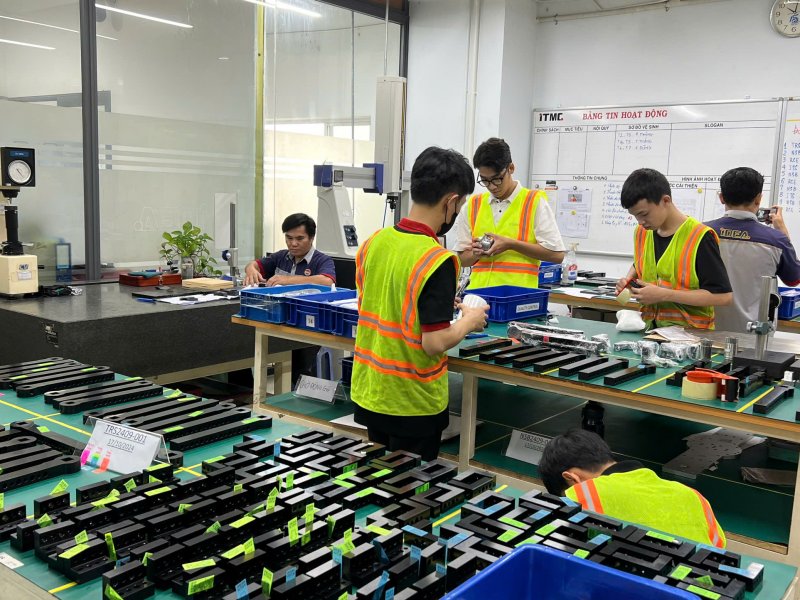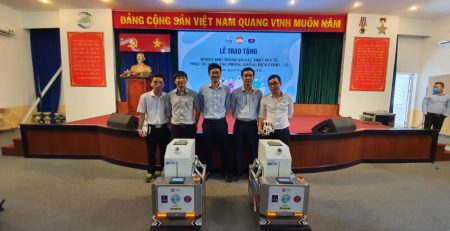As industries advance toward smart manufacturing and digital transformation, integrating industrial sensors into automated systems is no longer a luxury—it’s a necessity. These sensors serve as the critical eyes and ears of automation processes, enabling machines to process data, execute precise movements, and deliver optimal performance with minimal human intervention. In the evolving landscape of smart control and industrial innovation, harnessing sensor technologies paves the way for efficiency, accuracy, and safety across sectors.

The Role of Industrial Sensors in Automation
Industrial sensors act as the foundation of any intelligent automation system. They collect real-time information from equipment, machinery, and environmental conditions, feeding it into controllers and software for analysis and action. These insights enable smart control capabilities that streamline production, reduce downtime, and extend machinery lifespan.
Key Functions and Benefits:
- Precision Monitoring: Sensors detect temperature, pressure, position, vibration, proximity, and other critical parameters with high accuracy.
- Predictive Maintenance: Early anomaly detection allows systems to trigger alerts before failure, reducing unplanned stoppages.
- Process Optimization: Real-time feedback loops improve quality control and resource allocation.
- Safety Automation: Motion sensors, safety relays, and emergency stop switches ensure compliance with safety standards.
Types of Sensors Commonly Used in Industrial Automation
Each automation project requires a unique sensor configuration depending on the application. Several sensor types are particularly prevalent in industrial environments:
- Proximity Sensors: Detect the presence or absence of objects without physical contact.
- Photoelectric Sensors: Use light to detect objects, measure distance, or identify changes in surface conditions.
- Pressure and Flow Sensors: Monitor pneumatic and hydraulic systems to ensure correct operating conditions.
- Temperature Sensors: Maintain ambient conditions or control thermal processes with high accuracy.
- Encoder Sensors: Track position and rotation in robotics and conveyor systems.
Enhancing Smart Control Systems
Smart control depends heavily on accurate data input, and industrial sensors are the primary source of such input. When integrated with PLCs (Programmable Logic Controllers), HMIs (Human-Machine Interfaces), and SCADA systems, sensors enable real-time tracking, diagnostics, and autonomous decision-making across entire production lines. This integration helps manufacturers move toward Industry 4.0 compatibility, where data-driven technologies increase productivity while lowering operational costs.
For more insight into digital integration, this article on automation machinery trends offers valuable information on emerging technologies.
Application Scenarios: Real-World Value of Sensor Integration
From heavy machinery to food processing and electronics assembly, industrial sensors elevate functionality and ensure consistency. Here are a few real-world applications:
- Automated Packaging Lines: Sensors detect product position and orientation, managing robotic arms for accurate sorting and packaging.
- Welding Systems: Proximity and temperature sensors prevent overexposure and material damage.
- Smart Factories: Networking multiple sensors allows centralized smart control for monitoring energy usage and environmental compliance.
A notable example can be seen in advanced manufacturing facilities designed by IDEA Group Vietnam, where complete automation lines are built around sensor-powered frameworks for maximum efficiency.
Choosing the Right Sensor Integration Partner
Successful integration of industrial sensors into automation systems requires a strategic partner with deep technical expertise and experience. At IDEA Technology, we specialize in industrial machine design and sensor integration solutions tailored to your unique production challenges. From concept and prototyping to final deployment, our team ensures reliable smart control performance across all sectors.
Take your automation systems to the next level with intelligent sensor integration. Contact IDEA today for innovative and customized solutions built on a strong foundation of engineering excellence. Let us be your trusted partner in driving the future of industrial automation in Vietnam.




Leave a Reply